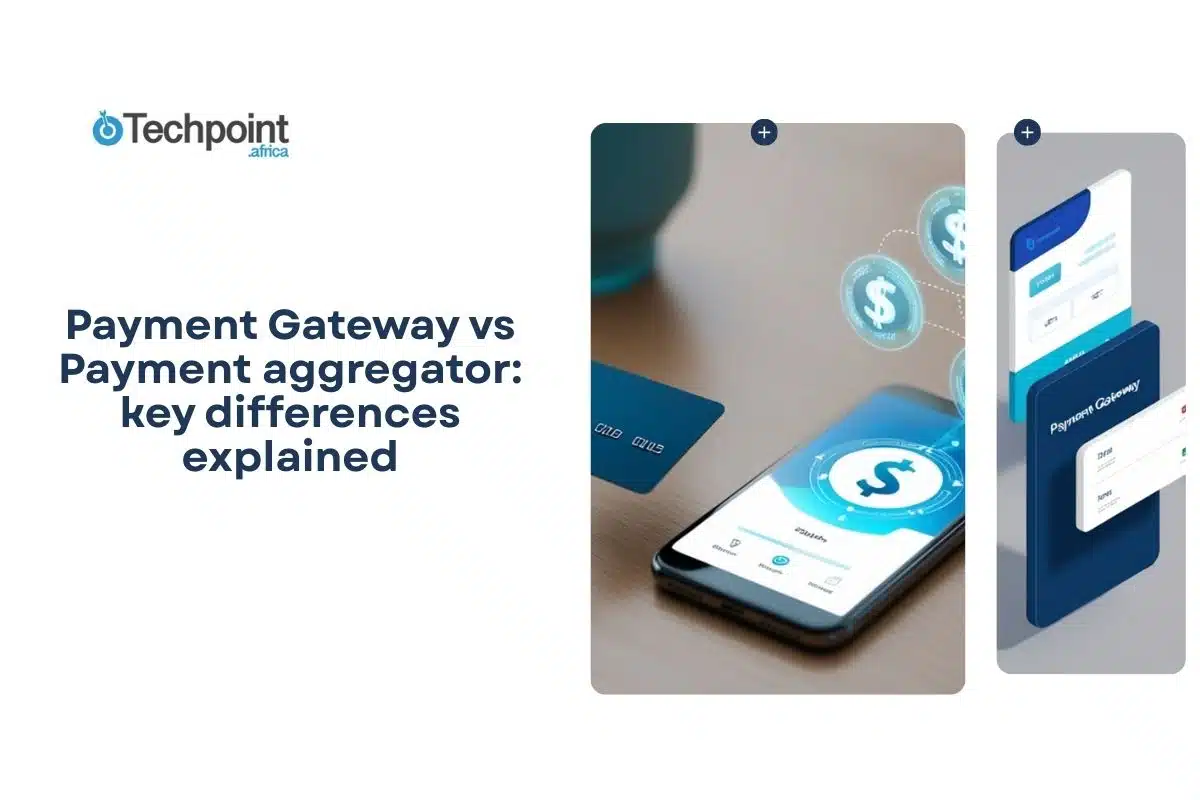The news
- Nedbank has acquired Durban-based payments fintech iKhokha in a R1.65 billion ($93.3 million) all-cash deal.
- iKhokha will maintain its brand and leadership under a management lock-in.
- The deal marks a pivotal step toward deepening financial inclusion and empowering entrepreneurs.
In a strategic move to boost its digital services for small and medium enterprises, Nedbank has entered a binding agreement to acquire iKhokha, a South African payments fintech, for approximately R1.65 billion ($93.3 million) in cash.
iKhokha will retain its brand identity and leadership, supported by a management lock-in to ensure continuity and alignment with strategic goals.
Subject to regulatory approvals, the transaction is expected to close in the coming months.
Nedbank sees this acquisition as a significant leap forward in its strategy to digitally empower entrepreneurs. Ciko Thomas, Group Managing Executive for Personal and Private Banking at Nedbank, described it as “a pivotal moment” in Nedbank’s SME initiatives, citing the alignment of iKhokha’s technology with the bank’s extensive financial services.
Similarly, iKhokha’s CEO and co-founder, Matt Putman, sees the acquisition as a platform to scale innovation and deliver even greater value to merchants.
The deal also represents a successful exit for iKhokha’s long-term backers, including Apis Partners, Crossfin Holdings, and the International Finance Corporation, who have been instrumental in the company’s growth.
Established in 2012 in Durban, iKhokha offers mobile point-of-sale (PoS) devices, a mobile app for card payments, and business management tools. The fintech processes over R20 billion ($1.1 billion) in annual digital payments and has distributed more than R3 billion ($169.7 million) in working capital to SMEs.
Nedbank’s acquisition of iKhokha underscores a broader trend of traditional banks increasingly turning to fintech to stay competitive and relevant in an era of digital-first banking.
This deal not only advances Nedbank’s digital capabilities but also serves as a testament to how legacy institutions can accelerate innovation by integrating tech-driven enterprises.

Victoria Fakiya – Senior Writer
Techpoint Digest
Stop struggling to find your tech career path
Discover in-demand tech skills and build a standout portfolio in this FREE 5-day email course











